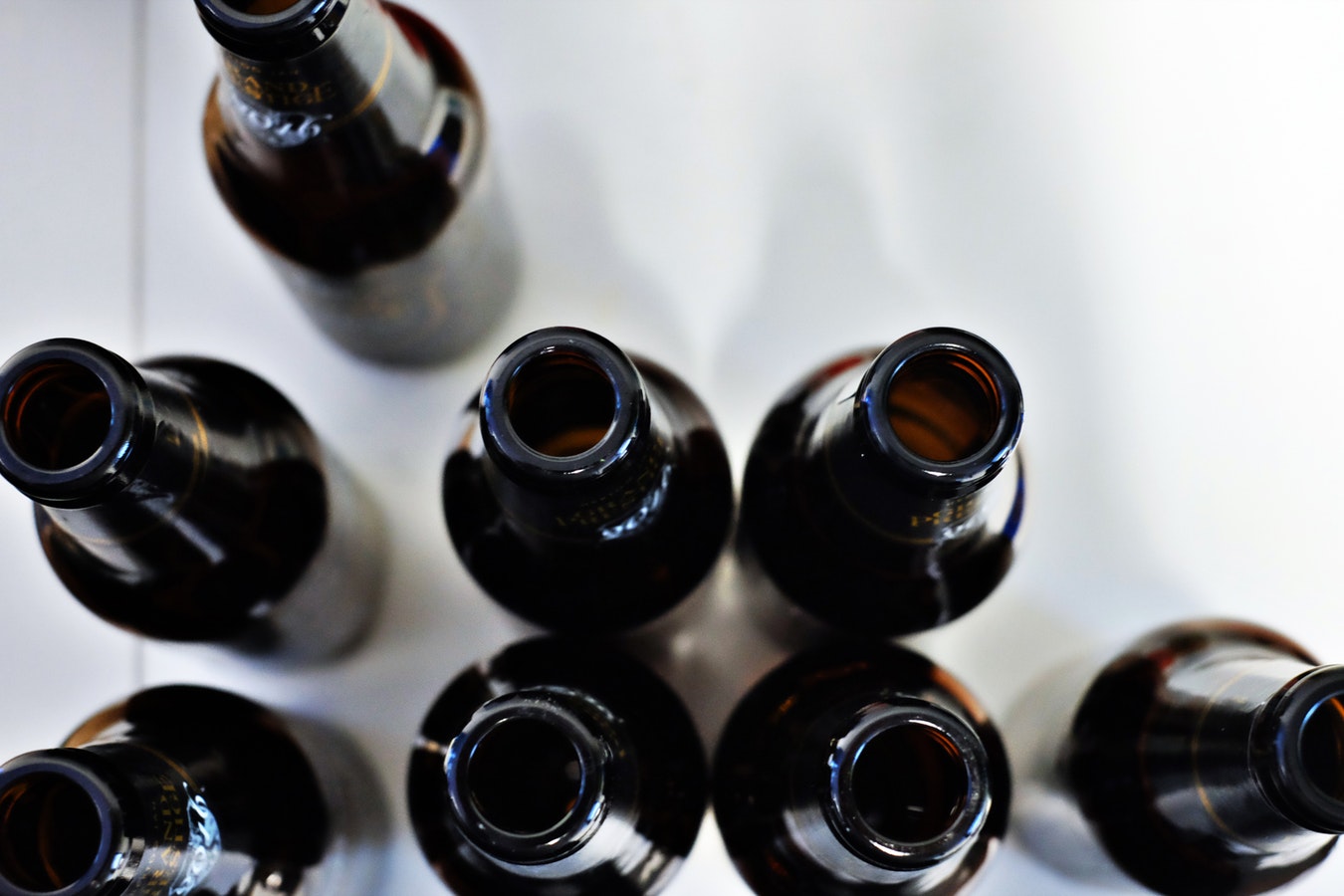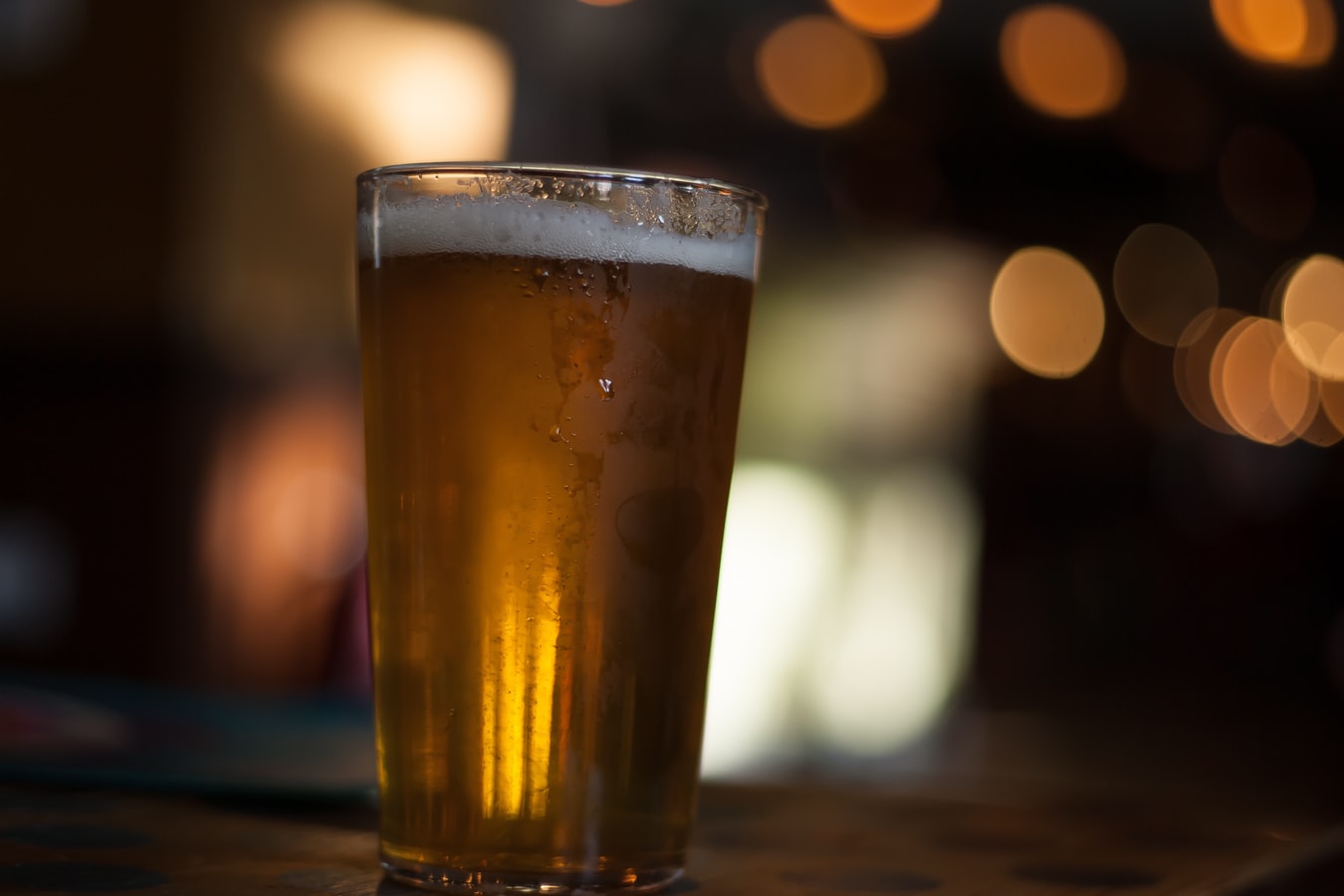Maybe you thought alcohol addiction and alcoholism the same thing.
Well, although the two are similar, there are distinct differences, but they can be difficult to discern.
Today, we’re here to clear up the confusion.
The US Department of Health and Human Services website explains that while people can become mentally or physically dependent on substances like alcohol, this dependence does not necessarily mean that a person is addicted to that substance. That said, mental and physical dependence often accompany addiction as a symptom of the underlying issue.
The National Survey of Drug Use and Health data shows that nearly 15 million people in the US have an alcohol use disorder, and there are several levels of intensity to these disorders. In order to form a better understanding of these issues, let’s start at the beginning…
Alcohol Abuse
The Center For Disease Control says that alcohol abuse occurs when a person’s pattern of drinking alcohol results in damage to health and relationships and their ability to work.
Alcohol abuse includes heavy drinking and binge drinking, as well as unsafe use of alcohol while pregnant and by people under the age of 21.
In the US, over 25% of people over the age of 18 report that they have engaged in binge drinking in the last month, while 6.3% drank heavily.
Alcohol abuse is destructive and can result in problems with a person’s health and wellbeing. When someone is abusing alcohol, they will likely experience several negative things in their lives, including:
- Missing school or work
- Pulling back from family and friends to drink alone
- Depression
- Anger and violence
- Financial problems
- Risky behavior (like drinking and driving)
- Participate in unsafe sex
- Risk of arrest due to bad behavior
People who abuse alcohol are not yet alcoholics or addicts. Without intervention, though, they are on a slippery slope.
Alcohol Addiction
People who abuse alcohol are walking a fine line between abuse and addiction.
As people continue to abuse alcohol, they tend to develop more intense cravings for it, and they continue to drink it regardless of the consequences.
Addiction is classified as a disease by the National Institute on Drug Abuse. Addiction takes its toll mentally and physically, and literally alters a person’s brain.
There are biological and environmental factors that lead to a person becoming addicted to alcohol and other substances. As a person drinks more and more, they need more alcohol to achieve their desired feeling, and when not drinking, the user may experience symptoms of withdrawal.
These issues point to the fact that the person abusing alcohol has become physically dependent on it.
Alcoholism
Alcoholism is prevalent in our society resulting in 3 million deaths a year.
When a person is addicted to alcohol, they experience several things such as:
- Inability to say no to alcohol
- Being secretive and dishonest
- Rough appearance, looking tired or sick
- Highly irritable
- Being drunk often
- Loss of interest in hobbies and things that were once enjoyable
- Higher tolerance for alcohol
- Mental health problems like depression and anxiety
- Binge drinking
At this stage, many people are still aware that there is a problem, and can see out programs like Alcoholics Anonymous or other stepped programs.
Should they ignore the problem, things will only get worse as their body becomes dependent on alcohol for normal functioning.
Alcohol Dependence
Over time, a person who drinks to excess regularly will become wholly dependent on alcohol. They will have a heightened tolerance, meaning they’ll need far more alcohol to achieve the same “buzz” that they’re used to. Because of alcohol’s effect on the brain, they are far more likely to experience dangerous and painful withdrawal symptoms when they are unable to drink.
When a person is dependent upon alcohol, drinking becomes second nature and they will:
- Not be able to think of anything besides how badly they want alcohol
- They might’ve tried to reduce how much they drink, but were unable to do so
- They experience withdrawal symptoms from being shaky to delirium
- Quit other things for more time to drink
- Keep drinking regardless of the problems caused by it
- Move on from occasional binge drinking to chronic heavy drinking
- Be consistently hungover and unable to function without alcohol
Once a person has reached dependency on alcohol, they really need more aggressive options to treat the issue. This is when inpatient or outpatient rehab programs are especially useful.
Physical and mental dependence are not present in all forms of alcohol abuse, and many people think this means that abusing alcohol is different from addiction to alcohol. Addiction isn’t just dependence on alcohol though, addiction is a compulsion to drink regardless of the consequences.
Whether dependency is present or not, alcohol abuse is a form of alcohol addiction.
The Path From Alcohol Abuse To Alcoholism
The path from alcohol abuse to alcoholism is a short and slippery one, not all people who abuse alcohol will become full out alcoholics. Sometimes situational triggers can lead to alcoholism, and other times it comes on over time as tolerance for the alcohol increases. There are risk factors to be aware of and things to avoid so that alcoholism and alcohol addiction don’t become problematic in your life.
What To Do Next
If you or a loved one is in the midst of alcohol abuse and on the way to addiction or alcoholism, we want to help you put a stop to it.
At Landmark Recovery, we have skilled staff as well as fantastic resources and effective programs to meet your needs.
Call us today so that we can help you forge the best path forward at 888-448-0302.

Choose Recovery Over Addiction
We're here 24/7 to help you get the care you need to live life on your terms, without drugs or alcohol. Talk to our recovery specialists today and learn about our integrated treatment programs.





